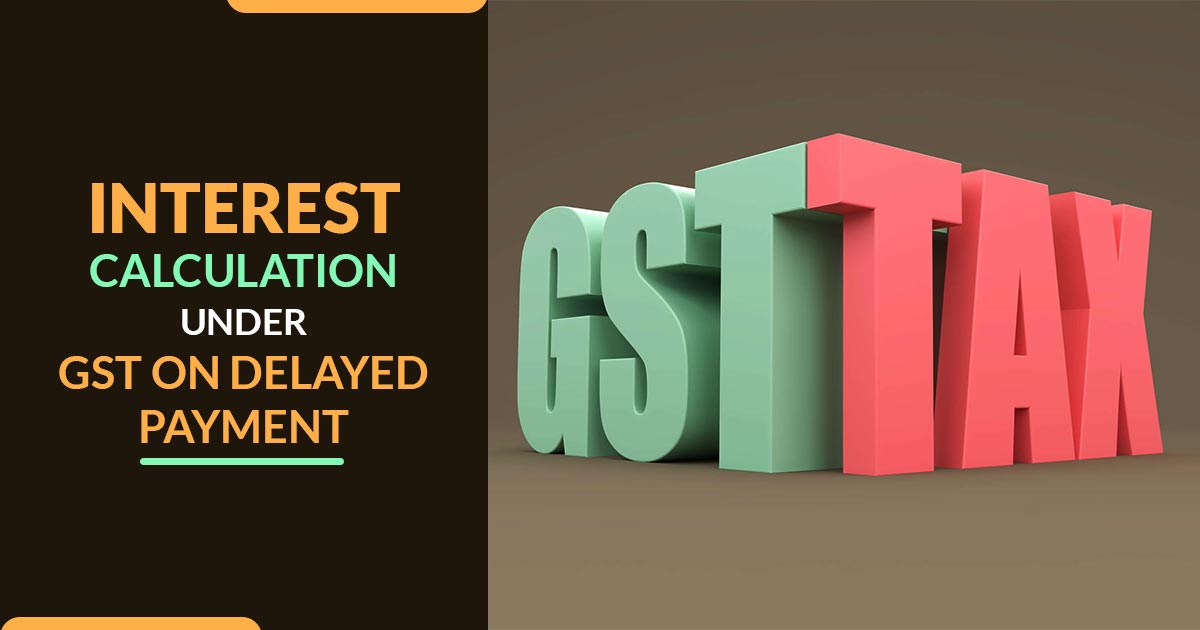
Finance Bill 2019-20 revises the Central Goods and Services Tax (CGST) Act with retrospective effect by inserting a new proviso in section 50(1) to compute the interest on late GST payments.
Due to this amendment, there is now an arbitrary and illegal distinction between the balance in the electronic credit register (ECrR) due on cash paid to the exchequer’s account and the balance in the electronic cash register (ECR) due on input tax credit (ITC), when determining the net GST cash tax liability.
It makes no sense because the definition of “net cash tax liability” includes input tax credits but excludes cash that has already been received by the exchequer.
The Income Tax Act differs significantly from the GST delayed payment interest clause in that it is one-sided. For instance, tax is deemed paid if any income tax, even a portion of it, is deposited with a challan. Unfortunately, GST does not apply to this. The GST burden is not considered to be discharged until all taxes are submitted in full, the monthly report GSTR 3B is filed, and the money placed in the GST portal has been adjusted. Cash deposited by the taxpayer to the exchequer is regarded as an interest-free deposit up until that point. The government is able to enjoy both ends of the spectrum.
On October 18, 2022, the Jharkhand High Court rendered a significant decision in response to a petition filed by RSB Transmissions (India) Pvt Ltd, confirming that, under the terms of the CGST Act as they currently stand, any cash deposited in the ECR prior to the deadline for filing GSTR 3B returns does not constitute the discharge of tax liability.
This reading of the GST legislation is valid and in line with the Madras High Court’s ruling in the Yamaha Motors case.
However, the judgment erroneously addressed the petitioner’s request to declare that section 50(1) of the CGST Act’s provisions are in conflict with, arbitrary, unreasonable, and in violation of articles 14 and 19(1)(g) of the Constitution, and it reached the wrong conclusion based on false information.
Para 15 of the judgement mentioned “there is a distinction, so far as ITC available in the ECrR and cash deposit in ECR is concerned. As such, cash is in the nature of a deposit in the ECR, whereas ITC is available in favour of the assessee on account of tax already paid.”
This is false since the reality is very different. As soon as the supplier files the monthly form GSTR 1, the ITC or credit in the ECrR becomes accessible to the assessee (buyer) and therefore automatically shows in the assessee’s GSTR 2B. Currently, the supplier is simply required to acknowledge his external obligation for the tax; payment of the tax is not required. In actuality, the supplier has 180 days under the CGST Act to submit his GSTR 3B return and pay the tax. As a result, there is no connection between the assessee’s ITC claim and the tax that the supplier paid. Cash that has been deposited for tax purposes, on the other hand, is held by the government and cannot be simply withdrawn.
Important: Due Dates of GST Payment with Penalty Charges on Late Payment
It is in the government’s best interest to enact a new amendment that will take effect retroactively and treat cash deposits similarly to ITC since doing so will encourage (rather than deter) micro, small, and medium-sized businesses to pay their GST early.
The 53rd GST Council meeting recommended two key amendments to Rule 88B of the CGST Rules:
- Interest Relief for Late Filing: Interest will not be charged on the balance in the Electronic Cash Ledger (ECL) on the due date. Interest will only apply to the debit amount after deducting the available cash in the ECL.
Waiver of Interest and Penalties: Interest and penalties for non-payment of GST during 2017-18 to 2019-20 (except in fraud or willful misrepresentation cases) will be waived if the tax is paid by 31st March 2025.